20 Highest-Grossing Biotech Stocks: Giants Driving Innovation and Growth

Biotech stocks represent investments in companies focused on the research, development, and commercialization of innovative medical treatments, therapies, and products derived from living organisms or biological processes. These stocks offer investors the potential for significant returns, driven by breakthrough discoveries and advancements in healthcare. However, investing in biotech stocks also comes with inherent risks, such as regulatory hurdles, clinical trial failures, and market volatility. Understanding the dynamics of the biotech industry and conducting thorough research are essential for investors looking to capitalize on the opportunities presented by this sector while managing its inherent risks.
Biotech stocks represent publicly traded ownership shares in companies specializing in the production of medicines, vaccines, and other biological products. While the terms "biotech" and "pharma" are often used interchangeably, technically, biotechnology involves products derived from living organisms, whereas pharmaceuticals are synthesized from chemicals. However, this distinction is often overlooked in the stock market. Therefore, when referring to "biotech stocks" or "pharma stocks," one can essentially think of them as "drug companies."
In the United States, healthcare spending constituted nearly 18% of the gross domestic product (GDP) by the end of 2019, and it is projected to exceed $6 trillion annually by 2028. The biotechnology sector has demonstrated consistent growth in the US, with an average annual increase of 1.5% from 2018 to 2023. North America, particularly the US, serves as a crucial region in the biotech industry, significantly contributing to its overall expansion. While health applications remain the dominant market segment, areas such as food and agriculture, natural resources and environment, industrial processing, and bioinformatics also play vital roles. The pharmaceutical industry continues to lead the way in advancing medical breakthroughs through the development of innovative therapeutics and biologics.
Pros and cons of investing
Investing in biotech stocks offers both potential benefits and drawbacks. On the positive side, biotech companies can provide investors with the opportunity for significant returns, particularly if they develop groundbreaking therapies or technologies. These companies often operate in innovative and rapidly evolving fields, which can lead to substantial growth opportunities. Additionally, successful biotech stocks may benefit from regulatory approvals, partnerships with larger pharmaceutical companies, or acquisition opportunities, further boosting their value.
However, investing in biotech stocks also carries inherent risks. Biotech companies typically face lengthy and expensive research and development processes, with uncertain outcomes. Clinical trial failures, regulatory setbacks, or competition from other companies can lead to significant stock price volatility. Moreover, biotech stocks may be sensitive to changes in market sentiment, healthcare policies, or broader economic conditions. Consequently, investors should carefully evaluate the risks and potential rewards associated with investing in biotech stocks before making investment decisions.
Some common types of biotech stocks include:
Pharmaceutical companies: These companies focus on discovering, developing, and marketing drugs and therapies to treat various diseases and medical conditions. They may specialize in areas such as oncology, immunology, neurology, or rare diseases.
Biopharmaceutical companies: Similar to pharmaceutical companies, biopharmaceutical firms develop drugs and therapies, but they utilize biotechnology techniques, such as genetic engineering or recombinant DNA technology, to create their products.
Biotechnology platform companies: These companies develop and commercialize innovative technologies or platforms that enable the discovery and development of new drugs, diagnostics, or therapies. They may provide tools for gene editing, cell therapy, or drug delivery systems.
Diagnostic companies: These companies focus on developing and marketing diagnostic tests, tools, and technologies used to detect diseases, monitor patient health, or guide treatment decisions. They may specialize in areas such as molecular diagnostics, imaging, or point-of-care testing.
Contract research organizations (CROs): CROs provide research and development services to biotech and pharmaceutical companies, including clinical trial management, regulatory support, and drug development consulting. Investing in CROs allows exposure to the broader biotech industry without the risk associated with individual drug development programs.
Gene therapy companies: These companies specialize in developing gene-based therapies to treat genetic disorders, rare diseases, or certain types of cancer. They may utilize gene editing technologies, viral vectors, or RNA interference to deliver therapeutic genes to target cells.
Cell therapy companies: Cell therapy firms focus on developing therapies that utilize living cells to treat diseases or regenerate damaged tissues. They may work with stem cells, immune cells, or engineered cells to develop novel treatments for conditions such as cancer, autoimmune diseases, or cardiovascular disorders.
Agricultural biotechnology companies: These companies develop genetically modified crops, seeds, and agricultural products with enhanced traits such as increased yield, resistance to pests or diseases, or improved nutritional content. Investing in agricultural biotech stocks provides exposure to the intersection of biotechnology and agriculture.
1. Eli Lilly and Co (LLY)
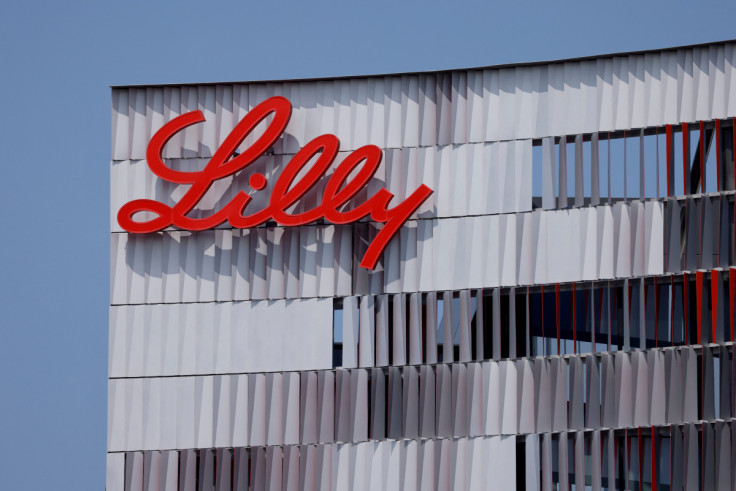
Market Cap: $726.87 billion
Eli Lilly, a pharmaceutical firm headquartered in Indiana, boasts a workforce of over 34,000 employees spanning 18 countries, with its products reaching consumers in 120 nations. Established in 1876, the company's initial breakthrough came with the development of quinine, a remedy for malaria. In Q3 2023, Eli Lilly witnessed remarkable growth, marked by a 37% surge in revenue. The momentum continued into Q4 2023, with revenue climbing by 28% compared to the preceding year, accompanied by the sixth consecutive annual uptick of 15% in dividends. Its Q4 2023 revenue reached $9.35 billion, with reported net income totaling $2.19 billion.
2. Novo Nordisk A/S (NVO)
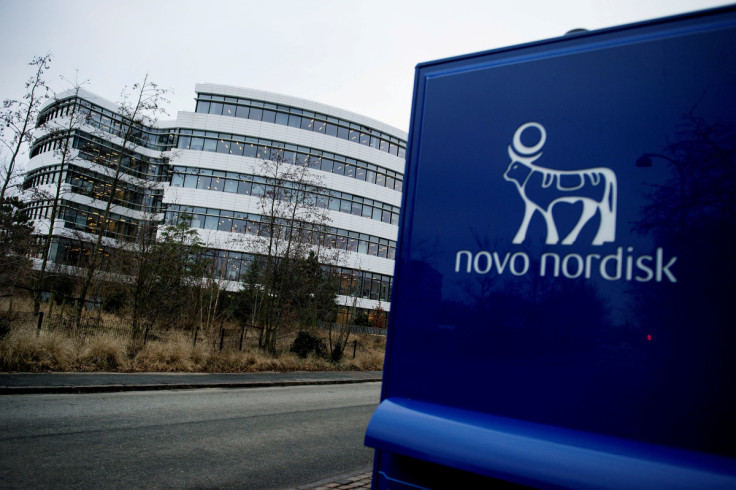
Market Cap: $546.76 billion
With a market capitalization of $546.76 billion, Novo Nordisk, headquartered in Bagsværd, Denmark, boasts a workforce exceeding 45,000 employees and a global presence spanning over 168 countries. Renowned for its commitment to employee satisfaction, the company has been consistently recognized as one of the best workplaces for over a decade. In 2012, it earned the distinction of being named the most sustainable company globally by Canadian media company Corporate Knights. Novo Nordisk specializes in diabetes care medications and devices, with its flagship product, semaglutide, widely used in diabetes treatment. Additionally, the company is engaged in hemostasis management, growth hormone therapy, and hormone replacement therapy.
3. UnitedHealth Group Inc (UNH)
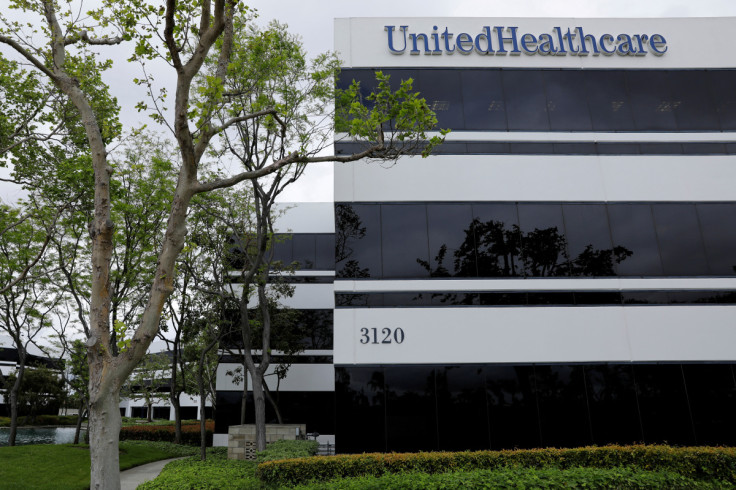
Market Cap: $474.87 billion
With a market capitalization of $474.87 billion, UnitedHealth Group stands as the largest publicly traded health insurance company in the U.S. Operating through a network of subsidiaries, it offers a wide array of health insurance plans and owns Optum, which delivers various healthcare benefits such as health savings accounts (HSAs). Founded in 1977 and headquartered in Minnesota, UnitedHealth has established itself as a dividend-paying stalwart, with provider networks spanning the nation. In its third-quarter 2023 financial report, the company demonstrated robust performance, surpassing Q3 2022 figures with total revenue and net income exceeding $92.4 billion and $6.0 billion, respectively. GQG Partners emerged as its largest shareholder, holding 3.2 million shares valued at $1.6 billion.
4. Johnson & Johnson (JNJ)
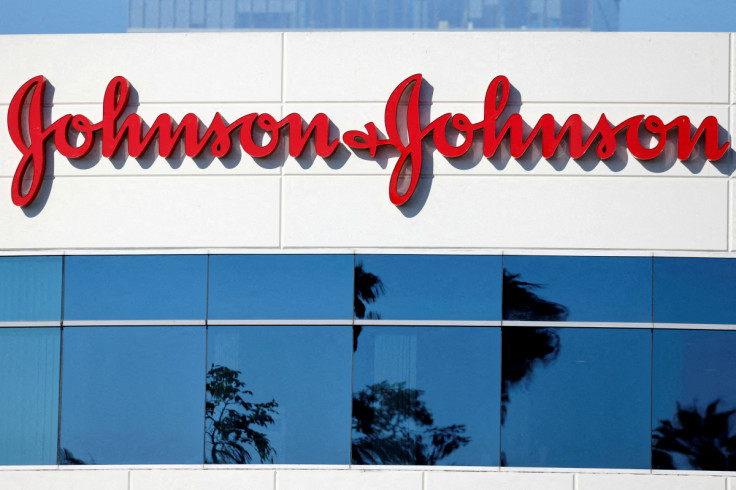
Market Cap: $387.76 billion
With a market capitalization of $387.76 billion, Johnson & Johnson extends far beyond its renowned consumer products like Q-tips and baby powder. Established in 1886, the company boasts a workforce of 130,000 employees across operations spanning 60 countries. It has made significant contributions to healthcare, including the development of one of the three FDA emergency authorized Covid-19 vaccines, noted as the sole single-shot option available presently. Acknowledged for its advancements in genomics and innovative treatments for conditions such as atrial fibrillation and HDFN, J&J remains steadfast in its mission to combat cancer and Alzheimer's. Continuously recognized as the world's most admired company for the 22nd consecutive year, J&J reported robust financial performance in 2023. Its strategic acquisition of Ambrx Biopharma, Inc. underscores its dedication to expanding its portfolio, while ongoing investments in nanotechnology highlight its commitment to health innovation. With 20 billionaire holders, J&J stands as a pivotal player in the healthcare industry.
5. Merck & Co Inc (MRK)
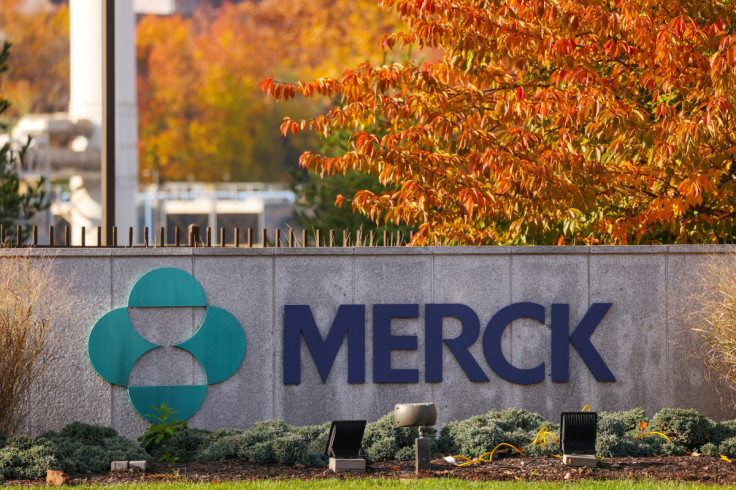
Market Cap: $326.78 billion
With a market capitalization of $326.78 billion, Merck, tracing its roots back to 1668, has fortified its immunology pipeline through strategic acquisitions such as Prometheus Biosciences ($10.8 billion) and Harpoon Therapeutics ($680 million), enhancing its capacity to address immune-mediated diseases such as ulcerative colitis and cancers. Emphasizing precision medicine and innovation, Merck is a leader in developing and manufacturing medicines, vaccines, biologic therapies, and animal health products. Boasting multiple blockbuster drugs with significant revenues in 2020, including cancer immunotherapy, anti-diabetic medication, and vaccines against HPV and chickenpox, the company solidified its position, ranking 73 in the Forbes Global 2000 list for 2023.
6. AbbVie (ABBV)
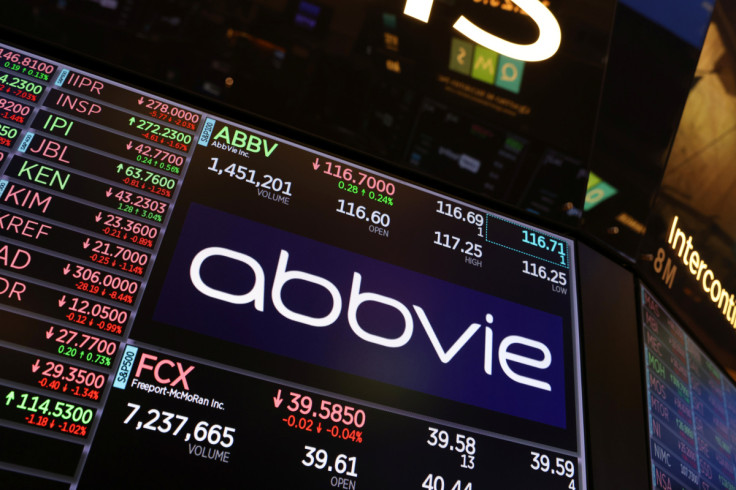
Market Cap: $316.18 billion
As of February 2024, AbbVie commands a market capitalization of $316.18 billion, ranking as the 30th most valuable company worldwide. Established in 2013 as a spin-off from Abbott Laboratories, AbbVie is a prominent biotechnology and pharmaceutical firm traded on the NYSE stock exchange within the S&P 100 index, with its headquarters located in North Chicago, Illinois. Recognized as the sixth-largest biomedical company by revenue, AbbVie's flagship product, Humira (adalimumab), generated $14 billion in revenues in 2023, constituting 27% of its total revenue, and is widely used to treat autoimmune diseases such as rheumatoid arthritis. The company also developed Skyrizi, an interleukin-23 (IL-23) inhibitor that amassed $7.8 billion in revenues in 2023 for treating autoimmune diseases. Additionally, Botox, another major product, generated $5.7 billion in revenues in 2023.
7. Thermo Fisher Scientific Inc. (TMO)
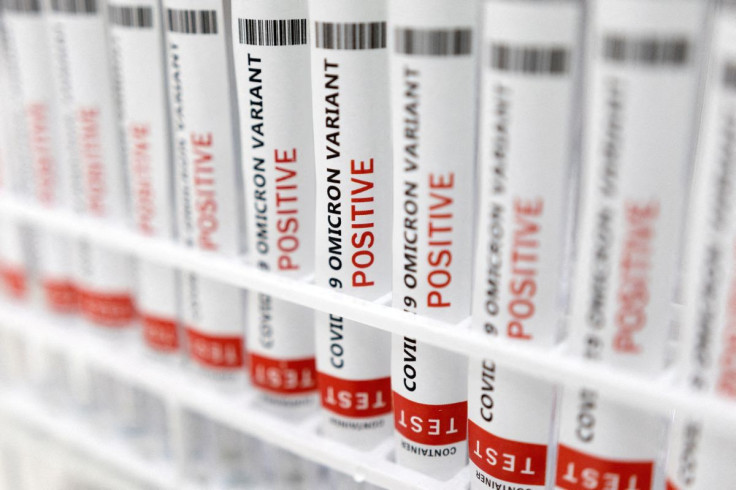
Market Cap: $215.88 billion
With a market capitalization of $215.88 billion, Thermo Fisher Scientific Inc., headquartered in Waltham, Massachusetts, specializes in manufacturing scientific equipment, instruments, and software essential for medical research and development, alongside reagents and consumables. Joining the ranks of numerous healthcare companies, Thermo Fisher has ventured into the Covid-19 sector. It currently provides a test capable of detecting the new omicron variant, positioned as the sole FDA-authorized test with this capability.
8. Roche Holding AG (RHHBF)
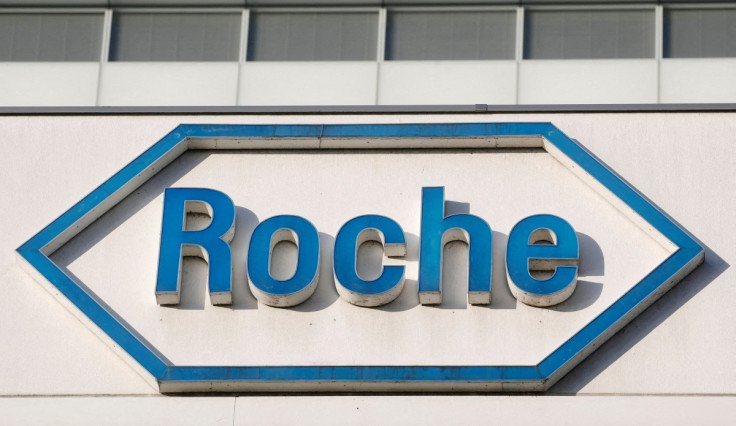
Market Cap: $211.88 billion
Roche Holding, a Swiss multinational corporation founded in 1896, operates globally in two key sectors: Pharmaceuticals and Diagnostics. Renowned as the fifth-largest pharmaceutical company by revenue and a leading provider of cancer treatments worldwide, Roche also manufactures reagents and drugs for various ailments, including cancer and depression. The company controls Genentech, Chugai Pharmaceuticals, Ventana, and Foundation Medicine, solidifying its global presence. With revenues totaling 58.32 billion Swiss francs in fiscal year 2020, Roche maintains a remarkable track record of increasing dividends annually, marking 2020 as the 34th consecutive year of dividend growth.
9. Novartis (NVS)
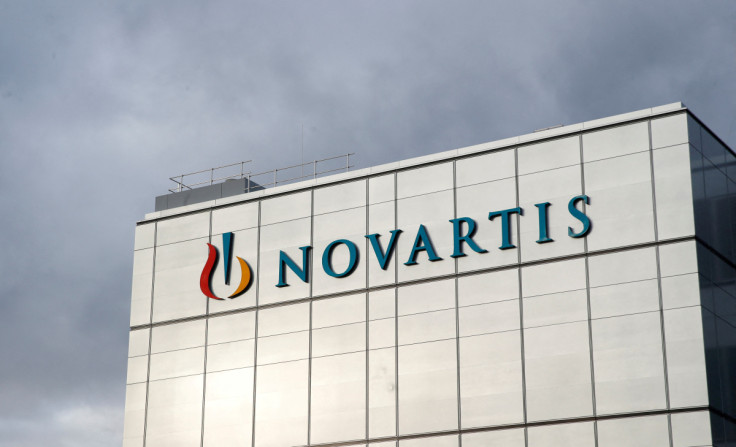
Market cap: $210.84 Billion
With a market capitalization of $210.84 billion, Novartis is a prominent figure in global healthcare, renowned for its substantial contributions worldwide. Established in 1996 through the merger of Ciba-Geigy and Sandoz, Novartis AG is a pharmaceutical corporation headquartered in Basel, Switzerland. Consistently ranked among the top five globally, it holds a prominent position as one of the largest pharmaceutical companies, ranking fourth by revenue in 2022. Novartis recently made a significant acquisition, purchasing MorphoSys for $3 billion, aiming to strengthen its oncology pipeline and diversify its neuroscience portfolio with DTx Pharma. Financially, Novartis demonstrated robust performance in 2023, with a noteworthy 10% increase in net sales and an 18% rise in core operating income.
10. AstraZeneca (AZN)
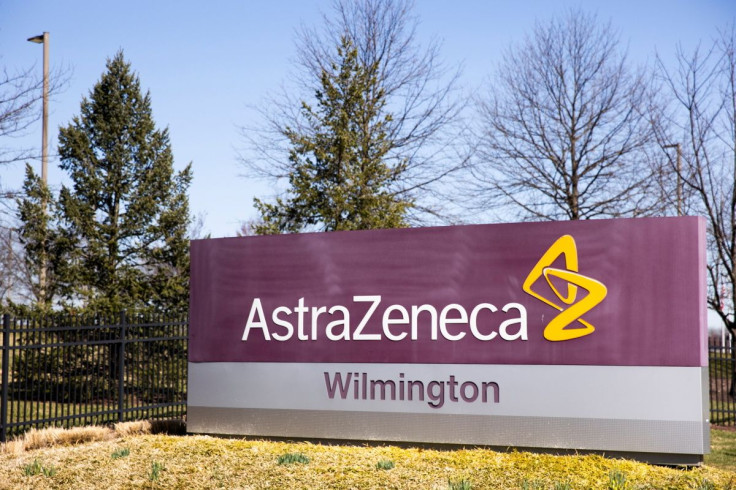
Market cap: $205.64 Billion
With a market capitalization of $205.64 billion, AstraZeneca is one of the largest biotech companies in the US specializes in oncology, rare diseases, and biopharmaceuticals, with a focus on cardiovascular and respiratory areas. Renowned for its groundbreaking cancer research, the company is committed to advancing innovation and strives to develop cures for all cancer types. Recent milestones include the acquisition of Gracell Biotechnologies Inc. to advance cell therapy and the launch of Evinova, a health-tech venture. Positive trial outcomes and Priority Review grants in the US signal growth, underscoring the company's dedication to research and development and health-tech initiatives, further solidifying its position in the biopharmaceutical industry.
11. Abbott Laboratories (ABT)
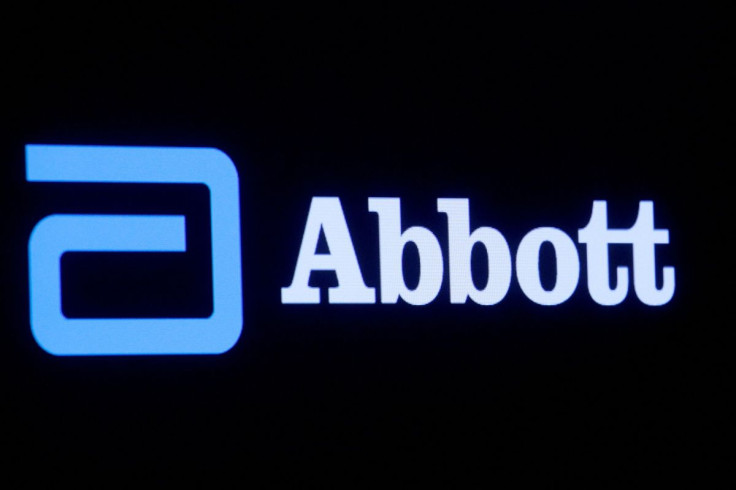
Market Cap: $198 billion
Founded in 1888 and headquartered in the US, Abbott Laboratories is a major player in the pharmaceutical and medical devices industries, with a specialization in tests. While recognized for its more commonplace consumables such as PediaSure, Pedialyte, and Similac, Abbott has also responded to the pandemic with the development of a Covid-19 test. In February 2024, the company collaborated with Fujirebio to create a neurofilament-light chain (Nf-L) neurology biomarker assay for research use on Abbott's Alinity platform. Additionally, Abbott received regulatory approval from the U.S. Food and Drug Administration in January for the introduction of the Liberta RC DBS system. In the same month, the company launched its new protein shake brand, Protality, as part of its expansion of products and services.
12. Danaher Corp (DHR)

Market Cap: $183 billion
With a market capitalization of $183 billion, Danaher is an American conglomerate based in Washington, D.C., with its roots tracing back to 1969. Named after Danaher Creek in Montana, where co-founders Steven Rales and Mitchell Rales conceived the company, Danaher operates across diverse sectors, including environmental sciences, diagnostics, and life sciences. At the heart of its healthcare endeavors lies the life sciences division, responsible for manufacturing a wide range of medical devices and instruments. Notably, the company is most favored by billionaires, holding shares valued at $4.2 billion collectively, making it the firm with the highest number of billionaire holders at 25.
13. Pfizer Inc (PFE)
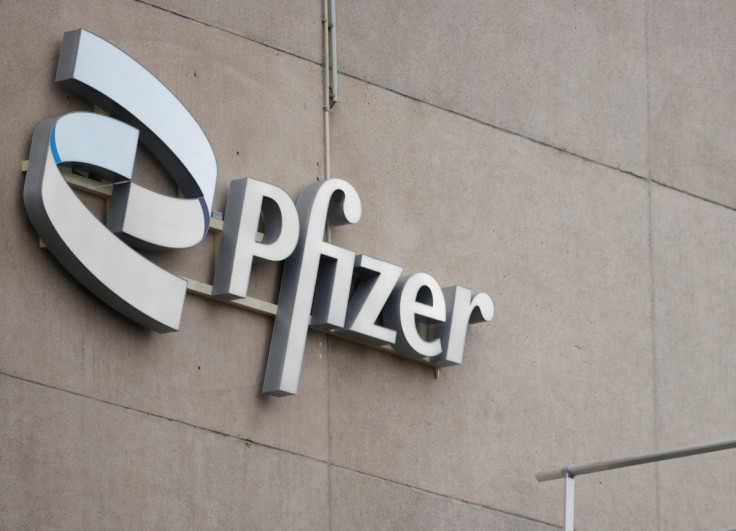
Market Cap: $155 billion
With a market capitalization of $155 billion, Pfizer, headquartered in New York City, stands as a pharmaceutical giant, manufacturing medicines, vaccines, and select consumer healthcare products. Operating in over 50 countries globally, Pfizer generated only about half of its revenue from the United States in 2020. Renowned for its top-selling pharmaceuticals, including Zoloft, Viagra, and Xanax, Pfizer has also developed one of the leading Covid-19 vaccines, poised to combat the new omicron variant. Embracing upcoming trends, Pfizer is committed to impacting a billion lives annually by 2027 while prioritizing oncology research. Financially, Pfizer Inc. anticipates full-year 2024 revenue in the range of $58.5 to $61.5 billion, with $8 billion attributed to Covid products and contributions from the Seagen acquisition. Operational revenue growth for 2024 is projected to be between 8% and 10%, excluding revenues from Comirnaty and Paxlovid.
14. Amgen (AMGN)
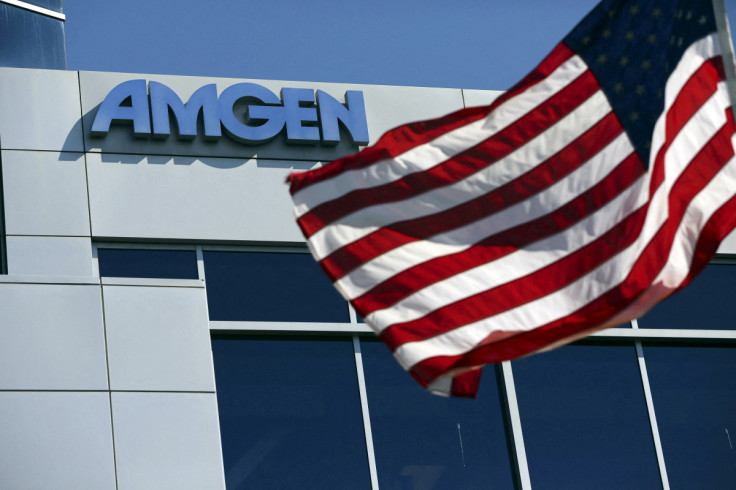
Market cap: $149.24 billion
With a market capitalization of $149.24 billion, Amgen, a biotech pioneer established in 1980, is dedicated to developing innovative therapeutics for serious diseases. Its portfolio includes impactful medicines for conditions such as cardiovascular disease and osteoporosis. Subsidiary deCODE Genetics plays a crucial role in disease target identification. Amgen's recent FDA priority review is for tarlatamab, aimed at treating advanced small-cell lung cancer. Looking ahead, the company aims to advance disease understanding and achieve sustainability goals, including carbon neutrality by 2027.
15. Sanofi (SNY)
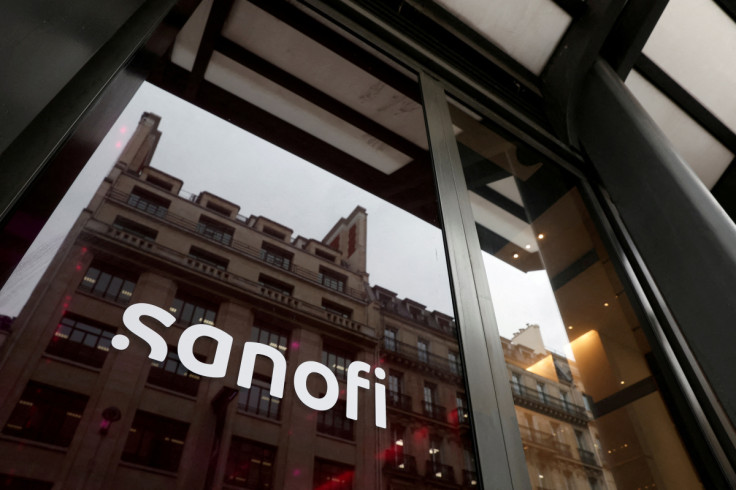
Market Cap: $120.55 billion
With a market capitalization of $120.55 billion, Sanofi, a French pharmaceutical company formed in 2004 through the merger of Sanofi-Synthélabo and Aventis, stands as a major player in the industry. Reporting $50.26 billion in revenue in 2023 and boasting a workforce of over 100,000 employees worldwide, Sanofi ranks among the largest pharmaceutical companies globally in terms of sales. Expanding its biotechnology footprint, Sanofi pursues acquisitions such as Translate Bio. With a focus on immunology, vaccines, and oncology, the company also addresses neglected tropical diseases. Sanofi's commitment to innovation further solidifies its standing in both the pharmaceutical and biotech sectors.
16. Vertex Pharmaceuticals (VRTX)

Market Cap: $111.31 billion
Since 1989, Vertex Pharmaceuticals has been one of the leading biotech companies in the US, Expanding its horizons, Vertex delves into gene-editing technologies beyond CF and broadens collaborations to expedite therapy development. Boasting six FDA-approved therapies, with four more in phase IV testing and 20 others in various stages of research and testing, including treatments for cystic fibrosis, pain, sickle cell disease, and diabetes, Vertex showcases the highest historical EPS growth, averaging a remarkable 52.0% increase per year over the past five years. However, investors should anticipate a slower growth trajectory in the future, with analysts predicting an EPS growth of approximately 10% per year over the next five years. Sales are expected to grow by 6.8% next year. Notably, VRTX has exhibited an upward trend in 2023, with the stock currently trading near all-time highs.
17. Regeneron Pharmaceuticals (REGN)

Market Cap: $109.03 billion
Regarded as the fastest-growing biotech company in the US, Regeneron is celebrated for its life-changing medications. With a robust 'homegrown' pipeline addressing numerous severe diseases, the company is dedicated to harnessing the synergy between biology and technology. Recent milestones include an FDA priority review for Linvoseltamab in Relapsed/Refractory Multiple Myeloma and Japan's approval of Dupixent for Chronic Spontaneous Urticaria. Regeneron's establishment of Regeneron Cell Medicines through strategic acquisitions underscores its commitment to innovation. Notably, in April 2022, the company announced its acquisition of Checkmate Pharmaceuticals for approximately $250 million, expanding its portfolio of immuno-oncology drugs. Furthermore, in August 2023, Regeneron revealed its acquisition of Decibel Therapeutics. In December 2023, the company acquired Avon Products in Suffern, New York, to bolster its Research & Development Laboratories. In 2023, Regeneron reported revenue of US$13.12 billion and total assets of US$33.08 billion.
18. Bristol-Myers Squibb (BMY)
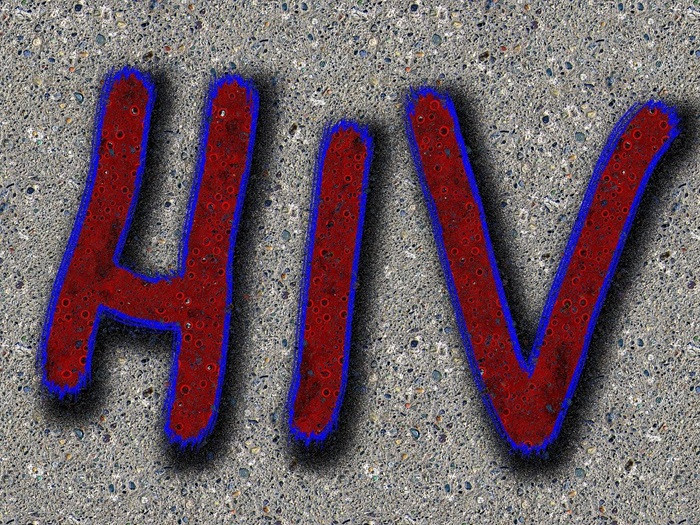
Market Cap: $102.14 billion
With a market capitalization of $102.14 billion, Bristol Myers Squibb (BMS) is an American multinational pharmaceutical company headquartered in Princeton, New Jersey. Renowned as one of the world's largest pharmaceutical companies, BMS consistently secures a place on the Fortune 500 list of the largest U.S. corporations. For fiscal 2022, it reported total revenue of $46.2 billion. BMS specializes in manufacturing prescription pharmaceuticals and biologics across various therapeutic areas, including cancer, HIV/AIDS, cardiovascular disease, diabetes, hepatitis, rheumatoid arthritis, and psychiatric disorders. In 2023, the company reported a net income of US$8.04 billion and total assets of US$95.16 billion.
19. Zoetis (ZTS)

Market Cap: $91.11 billion
With a market capitalization of $91.11 billion, Zoetis, an American pharmaceutical company, holds the title of the world's largest producer of medicines and vaccines for pets and livestock. Formerly a subsidiary of Pfizer, the leading drug maker globally, Zoetis became an independent entity after Pfizer's spinoff of its 83% stake in the firm. Operating directly in around 45 countries and distributing products in over 100 countries, Zoetis derives 50% of its revenue from operations outside the United States. The company reported revenues of US$8.54 billion and a net income of US$2.34 billion in 2023. Notable strategic moves include the acquisition of Jurox in August 2021 to expand its presence in New Zealand, the US, Canada, and the UK, the purchase of Basepaws in June 2022 to enhance its portfolio of precision animal health solutions, and the acquisition of Petmedix in September 2023, aimed at offering species-specific antibody therapies to pet owners.
20. Gilead Sciences (GILD)
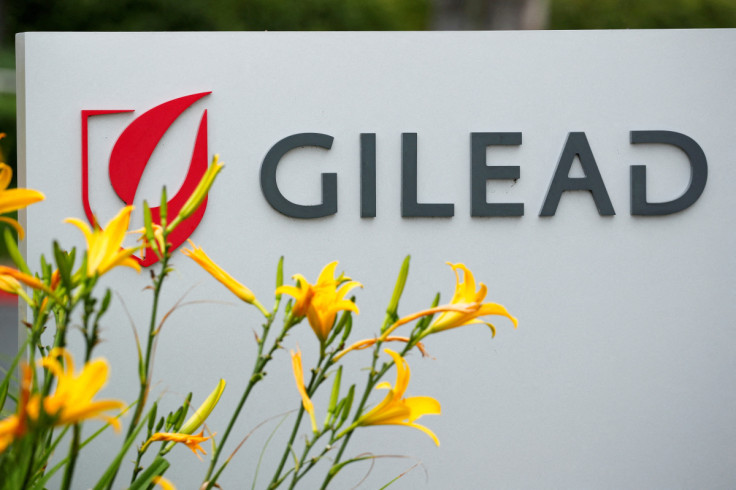
Market Cap: $90.96 billion
Headquartered in California, Gilead Sciences, Inc. has been honored as one of America's Most Just Companies for its efforts in creating a healthier world. Specializing in antiviral drugs targeting HIV/AIDS, hepatitis B and C, influenza, and COVID-19, the company reported a 2.7% increase in Q1 2024 dividends. In 2023, it recorded a net income of US$5.613 billion and total assets of US$62.13 billion. Gilead obtained orphan drug designation for remdesivir (sold under the tradename Veklury) from the US Food and Drug Administration (FDA) in 2020 for use in hospitalized adults and children aged 12 and older for the treatment of severe COVID-19 infections. Subsequently, in January 2022, the FDA granted regulatory approval for Veklury's use in adults and children aged 12 and older, weighing at least 40 kilograms (88 lb), who test positive for COVID-19, are not hospitalized, and are at high risk of developing severe COVID-19, including hospitalization or death. Veklury emerged as Gilead's highest-selling product in 2021, generating more than $4.5 billion in annual revenues.
Opportunities
Biotech stocks represent investments in companies at the forefront of scientific innovation in the field of biotechnology. Investing in biotech stocks offers the potential for significant returns driven by breakthrough discoveries and advancements in healthcare, agriculture, and other industries. However, this sector also carries inherent risks, such as regulatory hurdles, clinical trial failures, and market volatility. Investors interested in biotech stocks should conduct thorough research and carefully assess the potential risks and rewards associated with each investment opportunity.
© Copyright IBTimes 2025. All rights reserved.





















